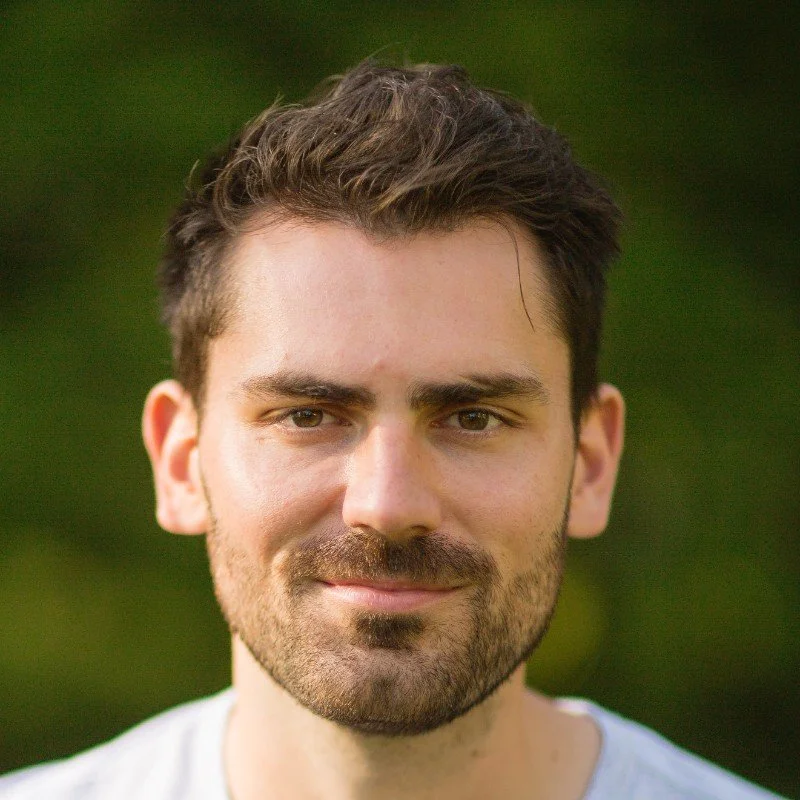Highlights-Sir Geoff Mulgan, Author of “Another World is Possible”
/Author of Another World is Possible: How to Reignite Social & Political Imagination
Professor of Collective Intelligence, Public Policy & Social Innovation at University College London
The great thing about a complex society is there is space for lots of different kinds of people. There's space for wildly visionary poets and accountants and actuaries and engineers. And they all have a slightly different outlook, but it's the combination of this huge diversity, which makes our societies work. But what we probably do need a bit more of are the bilingual people, the trilingual people who are as at ease spending a day, a week, a year designing how a criminal justice system could look in 50 years and then getting back to perhaps working in a real court or real lawyer's office.



















